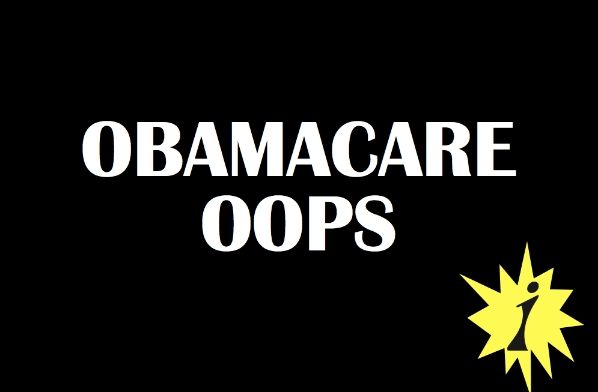Recently, we reported that Californians may be at risk of identity theft because of the lax hiring standards for ObamaCare workers. Now, we’re learning that attorneys general across the country are making pre-emptive efforts to prevent this from happening in their states. Too bad California isn’t among those states.
Last week over a dozen other Republican state attorneys general hit Health and Human Service Secretary Kathleen Sebelius with a letter calling to her attention the huge opportunity for fraud and identify theft of relaxed hiring standards and asking her to tighten up hiring practices and privacy requirements.
Apparently, HHS is cutting back on background checks and eliminating fingerprinting among other things to make recruitment of so-called “navigators” or enrollment counselors who sign people up for healthcare plans. This is the wrong approach. I hope the government isn’t demonstrating that it’s willing to sacrifice security and privacy in its haste to launch a massive new government program. As most people know, you get what you pay for when you cut corners.
The AGs furthermore highlighted that the requirements for these workers don’t come close to licensing requirements of health insurance agents and brokers and are less demanding than many other federal agencies including federal census workers and those at the IRS. Yet, these ObamaCare workers will have access to the information these other agencies compile.
Here’s what the AGs had to say about Sebelius’s grave oversight:
“It is not enough to simply adopt vague policies against fraud. HHS will be giving its stamp of approval to every counselor who interacts with a consumer. This position of trust will allow counselors to gain access to a wide variety of personal information from unsuspecting consumers. Unscrupulous counselors, who are not properly screened out or supervised, will have easy means to commit identity theft on consumers seeking enrollment assistance.
HHS needs on-the-ground plans to secure consumer information, to follow up on complaints, and to work with law enforcement officials to prosecute bad counselors. Without more protections, this is a privacy disaster waiting to happen.”
The West Virginia AG who led the charge on this effort added,
“There are significant holes in the rules HHS has implemented already. We are very concerned about the risk of identity theft if those holes aren’t addressed immediately or if the implementation of health care exchanges isn’t delayed to allow for better regulations, more training for consumer outreach programs and better fraud prevention. In the rush to push forward, the Administration is leaving consumers in West Virginia and the rest of the country behind.”
To be clear, we’re not trying to paint all of these enrollment workers as criminals; many probably are honest individuals. However, how can we separate the wheat from the chaff if the Administration is tossing out the screening tools that identify past crime and indicate future misconduct?
Shouldn’t we be worried that there is scant screening for those who will have access to personal, medical and financial information of Americans including names, social security numbers, addresses, financial information, and even medical histories?


